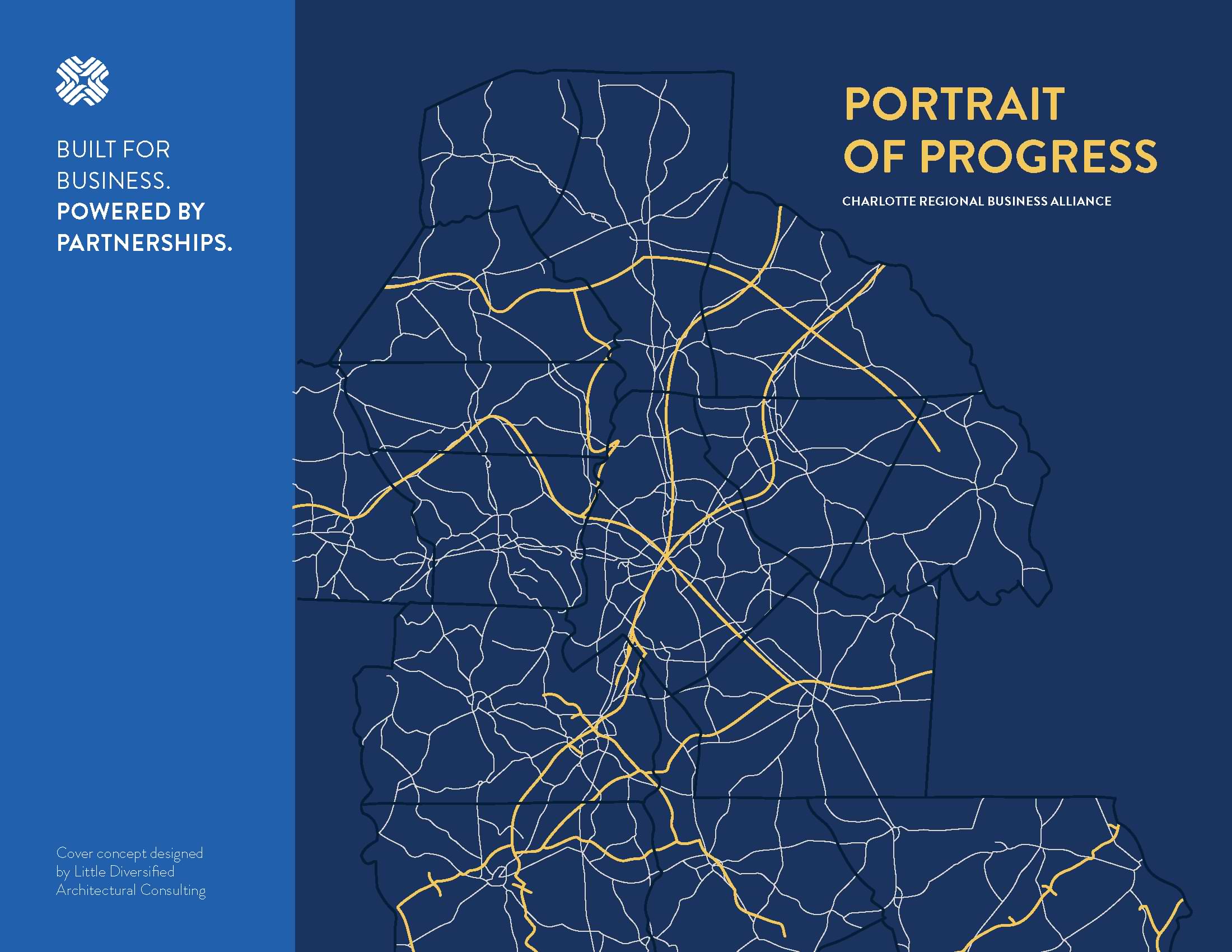By 2030, AI has the potential to accelerate labor market shifts by 65%
This acceleration could lead to substantial savings for companies through task automation, drive up labor productivity, and foster economic growth. Further projections, assuming AI maximizes its potential, suggest a 7% increase in global GDP, with annual productivity poised to rise by 2-3%. These impacts were explored through a combined effort between Adrienne Hua at the Charlotte Regional Business Alliance and Kevin Loux and Ryan Nelson at Charlotte Works. They presented the research at a recent meeting of the Charlotte Executive Leadership Council (CELC). Their presentation can be accessed here.
Highlighting previous research by the Brookings Institute, the National Bureau of Economic Research (NBER), and Goldman Sachs, Charlotte is seen as the 15th most AI-exposed major metro area. Additionally, recent findings suggest that the occupations most susceptible to AI impact are predominantly held by women. Goldman Sachs research indicates that 56% of the most affected occupations are held by women, while the NBER suggests 81%. The research also highlights the varying impacts of AI across industries, with sectors like finance, health care, and manufacturing expected to face significant transformations. Nearly two-thirds of occupations are expected to experience some degree of automation, though this does not necessarily translate to widespread job losses.
Despite the potential for disruption, AI is more likely to complement existing and future work, rather than replace it. Historical trends demonstrate that while technological advancements have displaced certain jobs, they have also led to the creation of new occupations, driving long-term employment growth.
To capitalize on the benefits and mitigate potential challenges posed by AI, investing in upskilling programs should be considered a business priority. Given the rapid pace of skill obsolescence, with current jobs having an average half-life of less than five years, upskilling is crucial for individuals to adapt to the evolving job landscape created by AI. Furthermore, it becomes imperative to support policies that enhance the region’s access to talent. Talent shortages remain a national issue and it can contribute to the slowed advances in AI. By supporting initiatives and policies that put the workforce first, the region can be better positioned to capitalize on the potential of AI. This includes support for the childcare ecosystem to meet the needs of a post-pandemic workforce and advocating for initiatives that facilitate easier entry into the workforce, particularly in industries expected to be impacted by AI. Additionally, investments in school systems, including funding for workforce development and compensation for educational personnel, are crucial for preparing the workforce for an AI-driven future.
In conclusion, the research underscores the transformative potential of AI in driving economic growth and workforce development in the Charlotte Region. By embracing AI and investing in upskilling initiatives and talent-first policies, Charlotte can position itself at the forefront of the AI-driven economy, ensuring sustainable growth and prosperity for years to come.


